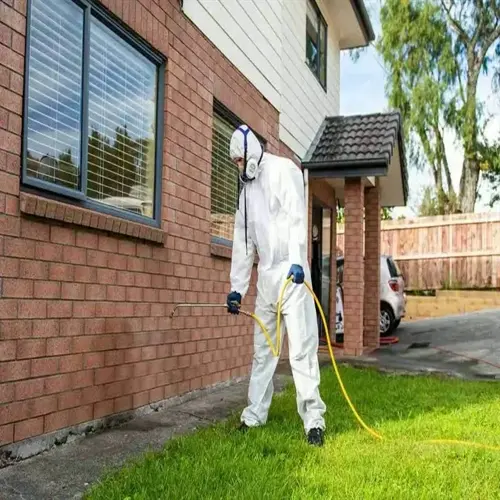Which soil pH testing method provides the most accurate results?

Written by
Olivia Mitchell
Reviewed by
Prof. Charles Hartman, Ph.D.The best accuracy for soil pH testing is found in a laboratory. Professional laboratories have spectrometry equipment that can achieve a pH accuracy of ±0.001. The cost is between $15 and $50 per result, and the evaluation period is 1-2 weeks. They are recommended for serious diagnostics when plants show unexplained disturbance.
For home use, digital pH meters offer excellent accuracy, ranging from ±0.010 to ±0.100. Quality models cost $50.00 to $200.00. These instruments require daily calibration using buffer solutions. I keep mine in a storage solution to maximize electrode sensitivity. Temperature compensation features increase reliability in different conditions.
Laboratory Analysis
- Accuracy: ±0.001 pH units
- Detects micronutrient levels beyond pH
- Identifies aluminum toxicity risks precisely
Digital Meters
- Accuracy: ±0.01-0.1 pH units
- Requires calibration before each use
- Temperature compensation improves reliability
Chemical Test Kits
- Accuracy: ±0.3 pH units
- Color comparison challenges cause errors
- Limited shelf life affects consistency
Chemical test kits and test strips offer moderate accuracy. The kits price from $15 to $25 and are accurate to ±0.3 pH. The test strips are more affordable, priced at $10 to $15, and are accurate to within ±0.5 pH. The accuracy of chemical tests is also dependent on the accurate interpretation of color, which can vary under different lighting conditions.
Free techniques, like a vinegar test, only provide broad categories. The ±1.0 pH precision lets you know that the sample is broadly acidic (or alkaline). It does indicate extreme conditions, but you overlook the critical intermediate conditions that are crucial in laboratory work. Use it to do a preliminary check before investing time and money in a more accurate means of testing.
Select the testing style that best fits your plant type. I use digital meters quarterly for my vegetable gardens, and conduct lab tests every other year for my perennial beds. This way, I get an accurate reading without incurring unreasonable costs for plant development where it is not needed.
Read the full article: Soil pH Testing: The Complete How-To Guide

